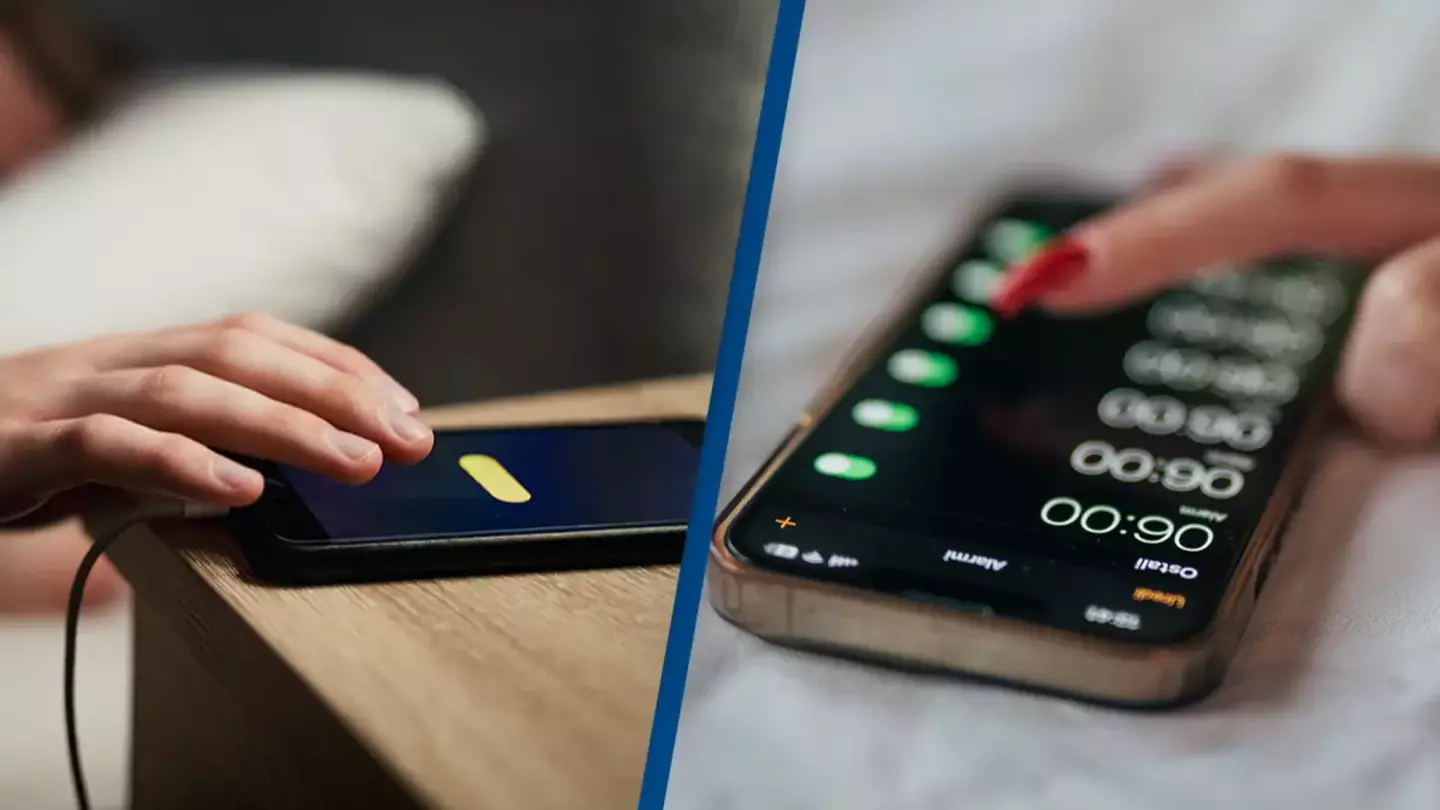
If you're someone who frequently hits the snooze button in a morning, you may have questions why your alarm clock is set to go off again in nine minutes.
Some people might find that hitting the snooze button is only postponing the agony of having to get yourself out of bed, while others find it useful - but I'm sure we can all agree that nine minutes is a pretty random number.
And it's not just on one type of alarm clock that it's default snooze is this long, but almost all of them.
Advert
While this seems like a bit of a questionable number, there's a reason it was chosen and it dates all the way back to the 1950s.
In 1956, the General Electric-Telechron’s Snooze-Alarm hit shelves and was the first clock to have a 'snooze' option.
With this model, the snooze button deferred the alarm (or alarms if you're the type of person to set multiple) for nine minutes.
This wasn't just to be awkward though, apparently it was down to the fact it was virtually impossible to get the gear teeth in the clock to line up for exactly 10 minutes so it would also be slightly before or later.

Snooze alarms might be some people's nemesis, but they can be beneficial if used right.
Apparently, if you use the snooze alarm as a means to slowly wake you up instead of drifting back into a deep sleep, then it can be useful, says Brooklyn Bedding.
It's when you start hitting 'snooze' over and over again that it can become problematic and potentially lead to sleep inertia (a feeling of grogginess and disorientation after waking).
If you heavily rely on the snooze button because you sleep poorly, there are steps you can take before your head hits the pillow that could help you.
Some sleep experts say to follow the 10-3-2-1-0 routine where ten hours before sleep, you cut out any caffeine products.
.jpg)
Three hours before going to sleep it's advised that you stop eating - fried foods in particular.
Then, two hours before get some much-needed Zzzs, experts say you should stop doing anything work-related.
Similar to this, one hour before bed you should be ditching electronic devices with harsh blue light (i.e your cellphone).
And the 0? The zero is for the 0 times you'll hit the snooze button because you'll feel fine waking up after a solid night of rest.
It's also advised that you avoid hitting 'snooze' even if you are tired as one study suggested that serial snoozers have elevated resting heart rates and showed lighter sleep before waking.